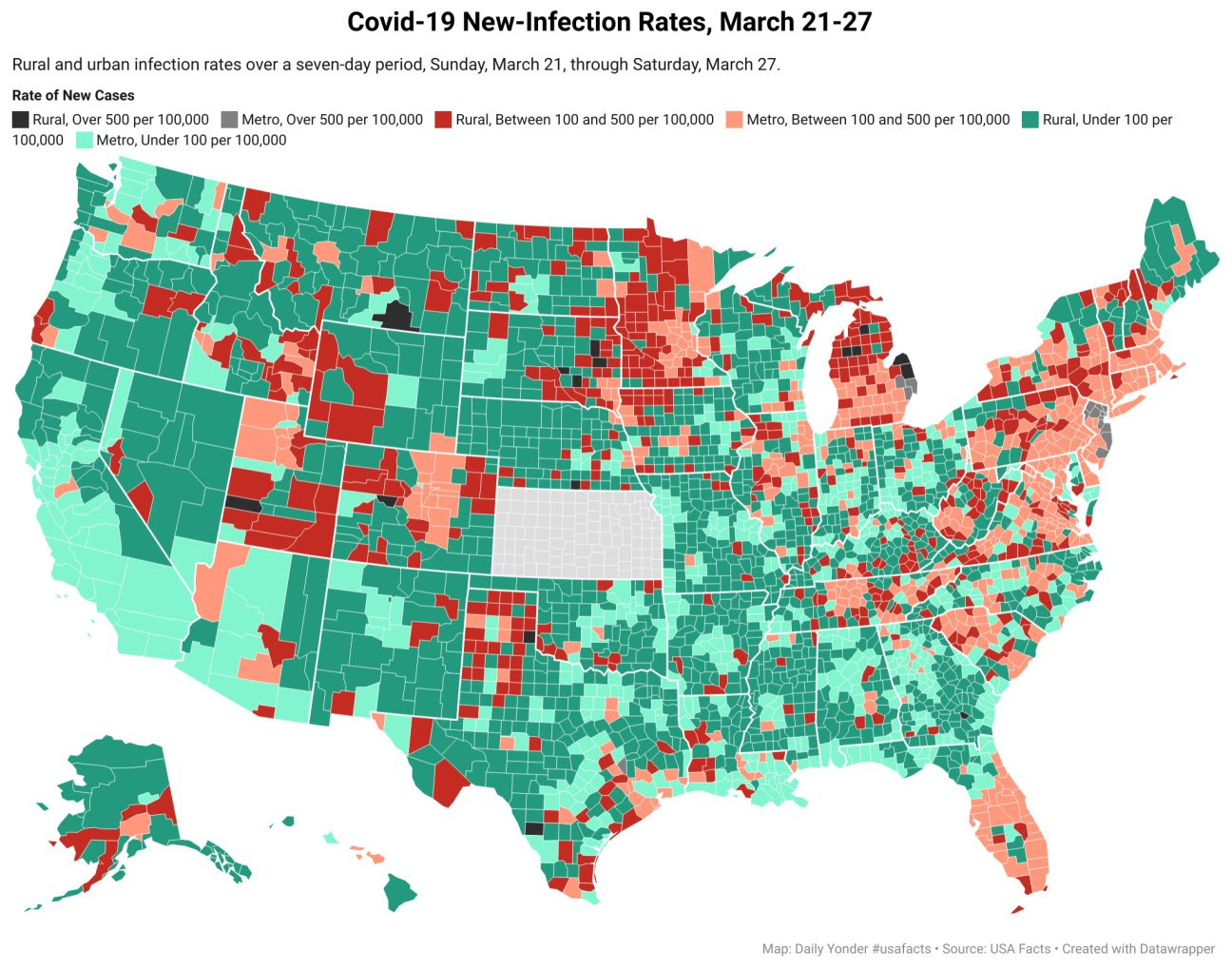- CMS: Medicare Program; Prospective Payment System and Consolidated Billing for Skilled Nursing Facilities; Updates to the Quality Reporting Program for Federal Fiscal Year 2026
- CMS: Medicare Program; FY 2026 Hospice Wage Index and Payment Rate Update and Hospice Quality Reporting Program Requirements
- Public Inspection: CMS: Medicare Program: Prospective Payment System and Consolidated Billing for Skilled Nursing Facilities; Updates to the Quality Reporting Program for Federal Fiscal Year 2026
- Public Inspection: CMS: Medicare Program: Fiscal Year 2026 Hospice Wage Index and Payment Rate Update and Hospice Quality Reporting Program Requirements
- CMS: Request for Information; Health Technology Ecosystem
- VA: Staff Sergeant Fox Suicide Prevention Grant Program Funding Opportunity
- State: 60-Day Notice of Proposed Information Collection: J-1 Visa Waiver Recommendation Application
- Public Inspection: CMS: Request for Information: Health Technology Ecosystem
- HHS: Request for Information (RFI): Ensuring Lawful Regulation and Unleashing Innovation To Make American Healthy Again
- VA: Solicitation of Nominations for the Appointment to the Advisory Committee on Tribal and Indian Affairs
- GAO Seeks New Members for Tribal and Indigenous Advisory Council
- VA: Staff Sergeant Fox Suicide Prevention Grant Program Funding Opportunity
- Telehealth Study Recruiting Veterans Now
- USDA Delivers Immediate Relief to Farmers, Ranchers and Rural Communities Impacted by Recent Disasters
- Submit Nominations for Partnership for Quality Measurement (PQM) Committees
How States Use Federal Medicaid Authorities to Finance Housing-Related Services
The National Academy for State Health Policy released a policy brief exploring how states have used federal waivers to better meet the housing needs of its Medicaid enrollees. Housing with supportive services, known as permanent supportive housing, supports individuals with complex medical needs and reduces emergency department use. Supportive housing also helps individuals remain stably housed over the long term. Evidence shows a strong association between access to safe, affordable, and stable housing and positive health outcomes. Learn more about states that have leveraged a variety of federal Medicaid authorities to deliver housing-related support services to individuals with disabilities and chronic conditions.
This policy brief was developed with support through a cooperative agreement with HRSA.
Expanding Access to Medication-Based Treatment for Opioid Use Disorder in Underserved Rural Areas Using Telehealth
Part 3 on Thursday, April 15, Noon – 1 p.m. EDT
Even before the start of the COVID-19 pandemic, only about one in ten Americans with a substance use disorder received needed treatment. Rural populations face additional challenges in accessing medications for opioid use disorder due to a short supply of treatment programs and credentialed providers within a reasonable proximity. Today, the need to physically distance due to the COVID-19 pandemic presents further challenges for people seeking these services and the organizations providing them. This webinar discusses tips and promising strategies for addressing substance use disorder among vulnerable populations in rural areas with a focus on individuals with opioid use disorder.
The webinar will feature speakers from our Office of Regional Operations, the University of Maryland School of Medicine, and the Northeast Telehealth Resource Center.
New Research: General Surgeons in the Rural U.S.
New research shows that between 2001 and 2019 the supply of general surgeons in the U.S. decreased by 29.1% in rural areas, and 18% overall. This is a crucial finding as general surgeons play a critical role in rural health care.
General surgeons in rural areas decrease the need for patients to travel for routine surgery, provide backup to rural primary care providers in emergency care, obstetrics, and orthopedics, and contribute substantially to the financial health of rural hospitals. The study also found rural general surgeons are older than their urban counterparts and fewer surgeons in rural areas are women. The research was conducted by the HRSA-funded WWAMI Rural Health Research Center.
Nurse Corps Scholarship Program Now Open
The Nurse Corps Scholarship Program provides financial support to students enrolled in nursing degree programs in exchange for a commitment to serve in high-need areas across the country. This year, Nurse Corps has additional funding for awards. Are you pursuing an NP degree in psychiatric mental health? An APRN or RN degree in women’s health or certified nurse midwifery? Or are you a CNA, home health aide, medical assistant, or LPN working towards your RN degree? You may be eligible for an award. Scholarship support includes tuition, fees, other reasonable educational costs, and a monthly living stipend.
Find out if you qualify today. Accepting applications through May 6, 2021.
NHSC Receives $800 Million to Support Loan Repayment and Scholarship Programs
National Health Service Corps (NHSC) opened its application for all three loan repayment programs and its NHSC Scholarship Program with an additional $800 million available for awards. The additional funds are part of President Biden’s American Rescue Plan for pandemic relief and will support the largest number of NHSC clinicians in history. The NHSC Loan Repayment Program (NHSC LRP), the NHSC Substance Use Disorder Workforce Loan Repayment Program (NHSC SUD Workforce LRP) and the NHSC Rural Community Loan Repayment Program (NHSC Rural Community LRP). The application closes on May 6, 2021 at 7:30 p.m. EDT.
Learn about eligible disciplines, site types, service commitment, and more.
U.S. Department of Health and Human Services Launches Nationwide Network of Trusted Voices to Encourage Vaccination in Next Phase of COVID-19 Public Education Campaign

COVID-19 Community Corps to Mobilize Doctors, Community Leaders, Businesses and Citizens and Equip Them with Resources and Information to Build Vaccine Confidence and Uptake
HHS Also Launches First TV Ads Encouraging Vaccinations, and Social Media Profile Frames for Americans to Share Support of Vaccines with the Message “We Can Do This”
On April 1, 2021, the U.S. Department of Health and Human Services (HHS) announced additional measures to encourage vaccinations and increase vaccine confidence as part of the next phase of its COVID-19 public education campaign. The Administration is launching the COVID-19 Community Corps – a nationwide, grassroots network of local voices people know and trust to encourage Americans to get vaccinated. As part of the launch of the Community Corps, Vice President Kamala Harris and Surgeon General Vivek Murthy met with founding members on Thursday, April 1, as she begins championing the next phase of the public education campaign from the White House.
The Community Corps will be comprised of trusted voices in communities across the country, and the Administration will regularly share updated public health information and resources for them to use with their communities to help get friends, family, and followers vaccinated.
Rural Community Colleges See Slump in Enrollment Due to the Pandemic

By Anya Slepyan
With budgets already stretched thin, rural community colleges face more challenges as the pandemic forces many current and prospective students to postpone or cancel their higher education plans.
Read more

Rural Covid Cases Remain Steady but the Number of Red-Zone Counties Increases

By Tim Murphy and Tim Marema
The number of new cases in rural counties increased marginally last week, but new metropolitan cases climbed by 15%.
Read more

Research: Big-City Approaches to Legal Aid Don’t Work in Rural Settings

By Olivia Weeks
Low-income rural Americans aren’t getting equal access to justice because too many legal-aid programs are designed as if they are serving big cities, a new study says.
Read more
Screening for Hearing Loss in Older Adults: Final Recommendation
The U.S. Preventive Services Task Force (USPSTF) released a final recommendation statement on screening for hearing loss in older adults. The Task Force concluded that more research is needed to determine whether to screen older adults for hearing loss before they have symptoms. To view the recommendation, the evidence on which it is based, and a summary for clinicians, please go here. The final recommendation statement can also be found in the March 23, 2021 online issue of JAMA.
